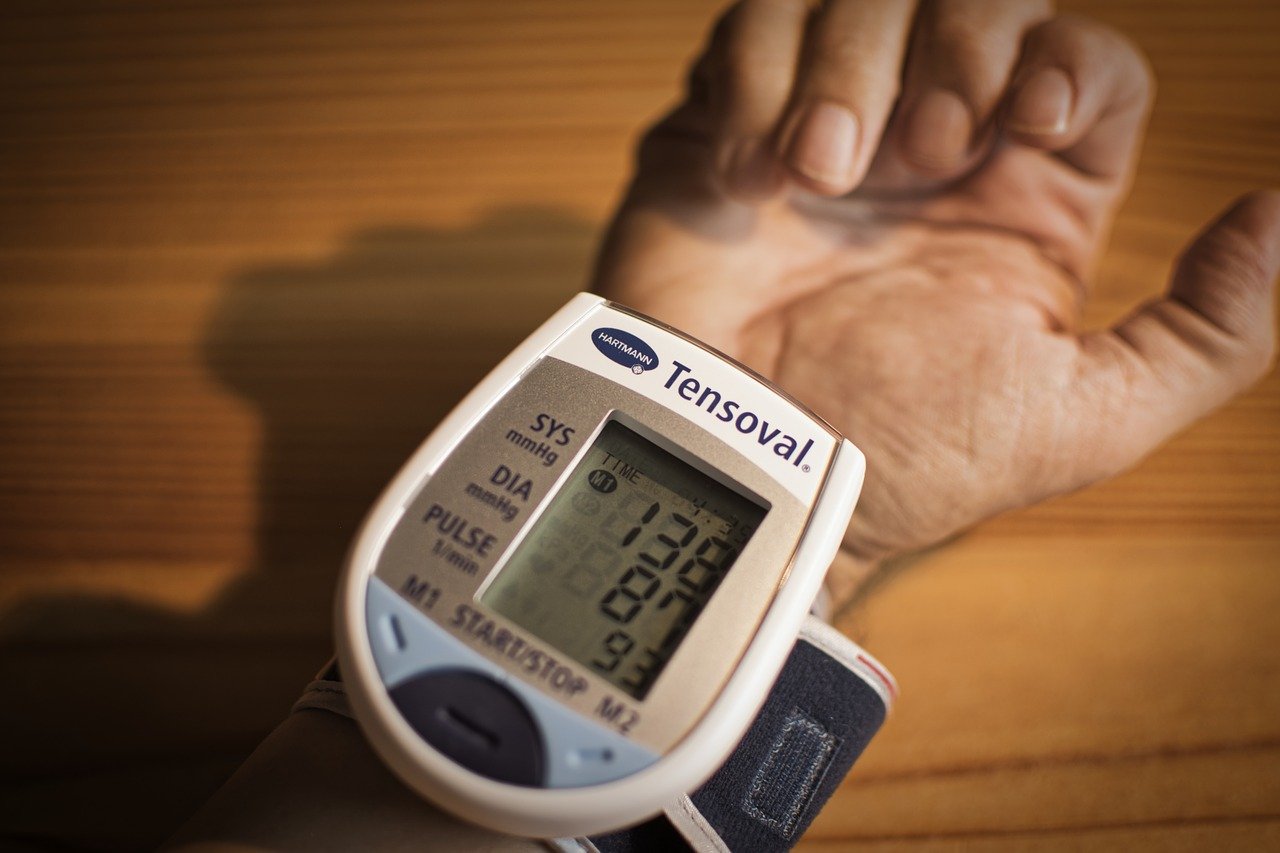
High blood pressure or hypertension is among the silent killers as it results in a number of fatal conditions including ischemia, stroke, etc. While many people have to take medications like ACE inhibitors and calcium channel blockers to regulate their blood pressure, lifestyle modifications remain the top priority. For that, there are some foods that naturally help to decrease blood pressure.
1) Fish
Fish, specifically fatty fish is known to be high in omega-three fatty acids. These compounds are highly beneficial for heart health as they come with antioxidant properties. The omega fatty acids help in the reduction of blood pressure through decreasing blood vessel constricting oxylipins as well as increasing anti-inflammation properties.
What’s more, studies have linked high intakes of omega-three fatty acids with lowered levels of blood pressure. A study found that individuals having high levels of omega fatty acids had lower blood pressure as compared to those individuals who didn’t have that much amount of those fats. Therefore, an intake of high omega fatty acids is associated with a decreased risk of high blood pressure.
2) Pumpkin
Pumpkin, specifically the seeds might be small in size, but these come in bundles of nutritive qualities. They contain a high amount of compounds that help to counter hypertension in individuals. This includes arginine, which is an amino acid required to produce nitric oxide to reduce blood pressure and relax blood vessels. It also contains minerals like potassium and magnesium that aid in controlling hypertension.
The oil of the pumpkin seeds also helps in effectively reducing hypertension. According to research, supplementation of 3 grams of seed oil every day for one month and a half led to a reduction in systolic blood pressure as compared to a controlled group.
3) Berries
Berries of all kinds are considered to be packed with antioxidants that help fight inflammation happening in the body due to oxidative stress. They help in fighting and preventing several conditions of the body including heart diseases as they have compounds like anthocyanin in them. This pigment is also helpful in giving the berries a vibrant color.
Anthocyanin also helps in increasing nitric oxide quantity in the bloodstream and alleviates the overall production of molecules that constrict blood vessel lumen. As a result, berries may help in reducing blood pressure levels. Further research is also being done on these fruits to figure out the potential mechanisms behind blood pressure alleviation. Some of the popular berries include raspberries, strawberries, blueberries, and cloudberries. These are considered to be beneficial in alleviating blood pressure.
4) Swiss Chard
It is a leafy green vegetable having a high dose of nutrients that help regulate blood pressure. Some of them include magnesium and potassium. A cup of cooked Swiss chard comes with 17& of potassium and 30% of your magnesium daily values.
People having the problem of hypertension can increase their potassium through diet every day with 0.6-gram addition and see a reduction in 1.0 mm Hg in systolic blood pressure. They can also see a half reduction in diastolic blood pressure as well. A cup of the vegetable comes with 792 milligrams of dietary potassium.
Magnesium is a nutrient that is also helpful in regulating the blood pressure of an individual. It aids in alleviating blood pressure with the help of different mechanisms such as by acting as blockers for calcium channels. It helps in decreasing the calcium influx in the arteries and the heart that lets the vessels relax.
5) Citrus
Citrus that includes lemons, oranges, and grapefruit come with significant benefits against high blood pressure. They come with a lot of phytochemicals, minerals, and vitamins which together help in improving your heart health through the reduction of different heart disease factors such as hypertension.
Research for 5 months involved several participants and showed that an intake of lemon juice on the daily basis with walking was associated with significant alleviation in systolic blood pressure. This was the result that the scientists attributed to the flavonoids as well as the citric acid found in lemons.
Studies show that grapefruit and orange juice are also helpful in reducing blood pressure. However, there is a contraindication of consuming grapefruit and its juice when you are taking medications to lower blood pressure, especially ACE inhibitor medications as the interaction can cause extra thinning of the blood which may lead to bleeding.
6) Carrots
Carrots are filled with nutrition, especially beta carotene that makes them highly beneficial for eye vision. However, this is not the only nutrient helpful for people. They are filled with phenolic compounds which caffeic acid, chlorogenic acid, and p-coumaric acids which help in relaxing blood vessels and in alleviating inflammation in the body. This in return helps to decrease blood pressure in the body.
Although one can enjoy carrots in the raw form or cooked, it is much helpful to consume them in raw form to reduce hypertension. Studies suggest that the intake of this vegetable in raw form was linked with significantly reduced blood pressure. A pilot study also showed that consuming around two glasses of carrot juice for three months every day leads to alleviation of systolic blood pressure.
7) Tomatoes
Tomatoes and all items made from them are filled with a lot of nutrients that contain a carotenoid called lycopene and potassium. What’s more, lycopene is linked with highly healthful effects on the cardiovascular system, and consuming foods that are high in such nutrients as tomatoes may aid in reducing blood pressure.
It is also found that the consumption of tomatoes and food items made from tomatoes helps in improving blood pressure levels in the body and might help reduce your overall risk of cardiac conditions and mortality associated with cardiovascular diseases.
8) Flax Seeds and Chia Seeds
Flax seeds and chia seeds are loaded with nutrients that are highly beneficial for the regulation of blood pressure. For example, they have fiber in them that helps to evacuate cholesterol and thus prevent in hardening of the arteries. They also contain magnesium and potassium. Science also suggests that people with elevated blood pressure on the supplementation of 35 grams of flour made from chia seeds experienced lowered blood pressure as compared to the controlled group.
What’s more, it is also found that the consumption of flax seeds might help in lowering blood pressure in people. This is especially helpful when the flax seeds are consumed in their whole form for about three months at least.
9) Spinach
Spinach is a leafy green high in nitrates. It also comes with high magnesium, calcium, antioxidants, and potassium, which makes it a brilliant option for people who are looking to maintain their blood pressure at normal levels. People who consume about half a liter of spinach soup on a daily basis may also benefit when it comes to regulating their blood pressure at both diastolic and systolic levels.
What’s more, spinach helps in decreasing the stiffness of arteries that might help in the reduction of blood pressure in the body and improvement of cardiac health.
10) Beetroot
Beetroot is exceptional in its nutritional value, and it is highly helpful in the promotion of the heart-healthy blood pressure range. Beets are high in their nitrate compound that helps the blood vessels to relax and might help in lowering the overall blood pressure of the body.
Research also indicates that adding beetroot to the diet might be helpful in promoting healthy cardiac health. For example, it is found that people having the problem of hypertension on the consumption of a glass of beetroot juice and 250 grams of cooked beets may benefit from an alleviated blood pressure value, although the juice is more helpful. However, there is a need to do more research on the association of beetroot with regulated blood pressure.
Studies suggest that it is helpful to incorporate beets in a daily diet to get long-term benefits on heart health and blood pressure. What’s more, they are also helpful in improving overall health when incorporated into your diet.
11) Kiwi
It is estimated that a daily serving of this fruit helps in reducing blood pressure having mild hypertension. One serving includes three medium-sized kiwis daily for two months with a high reduction in blood pressure as compared to consuming an apple every day for the same time. What’s more, it is known that vitamin C when supplemented 500 mg every day helps in reducing blood pressure as well. Kiwi is loaded with vitamin C, with 106% daily value in one fruit around 68 grams in weight. You can add this fruit in smoothies, lunches, and almost anything.
Final Word
Without a doubt, there are a lot of natural remedies that may help to alleviate your systolic blood pressure and diastolic blood pressure. Fruits, vegetables, and nuts, and seeds are especially helpful in regulating your blood pressure levels in the body.
References:
1) Svendsen M, Tonstad S, Heggen E, Pedersen TR, Seljeflot I, Bøhn SK, Bastani NE, Blomhoff R, Holme IM, Klemsdal TO. The effect of kiwifruit consumption on blood pressure in subjects with moderately elevated blood pressure: a randomized, controlled study. Blood Press. 2015 Feb;24(1):48-54. DOI: 10.3109/08037051.2014.976979. Epub 2014 Dec 8. PMID: 25483553. https://pubmed.ncbi.nlm.nih.gov/25483553/
2) Roberts JL, Moreau R. Functional properties of spinach (Spinacia oleracea L.) phytochemicals, and bioactive. Food Funct. 2016 Aug 10;7(8):3337-53. doi: 10.1039/c6fo00051g. Epub 2016 Jun 29. PMID: 27353735. https://pubmed.ncbi.nlm.nih.gov/27353735/
3) Ramel A, Martinez JA, Kiely M, Bandarra NM, Thorsdottir I. Moderate consumption of fatty fish reduces diastolic blood pressure in overweight and obese European young adults during energy restriction. Nutrition. 2010 Feb;26(2):168-74. doi: 10.1016/j.nut.2009.04.002. Epub 2009 May 31. PMID: 19487105. https://pubmed.ncbi.nlm.nih.gov/19487105/
4) Blekkenhorst LC, Sim M, Bondonno CP, Bondonno NP, Ward NC, Prince RL, Devine A, Lewis JR, Hodgson JM. Cardiovascular Health Benefits of Specific Vegetable Types: A Narrative Review. Nutrients. 2018 May 11;10(5):595. doi: 10.3390/nu10050595. PMID: 29751617; PMCID: PMC5986475. https://www.ncbi.nlm.nih.gov/pmc/articles/PMC5986475/
5)Asgary S, Keshvari M. Effects of Citrus sinensis juice on blood pressure. ARYA Atheroscler. 2013 Jan;9(1):98-101. PMID: 23696766; PMCID: PMC3653258. https://www.ncbi.nlm.nih.gov/pmc/articles/PMC3653258/

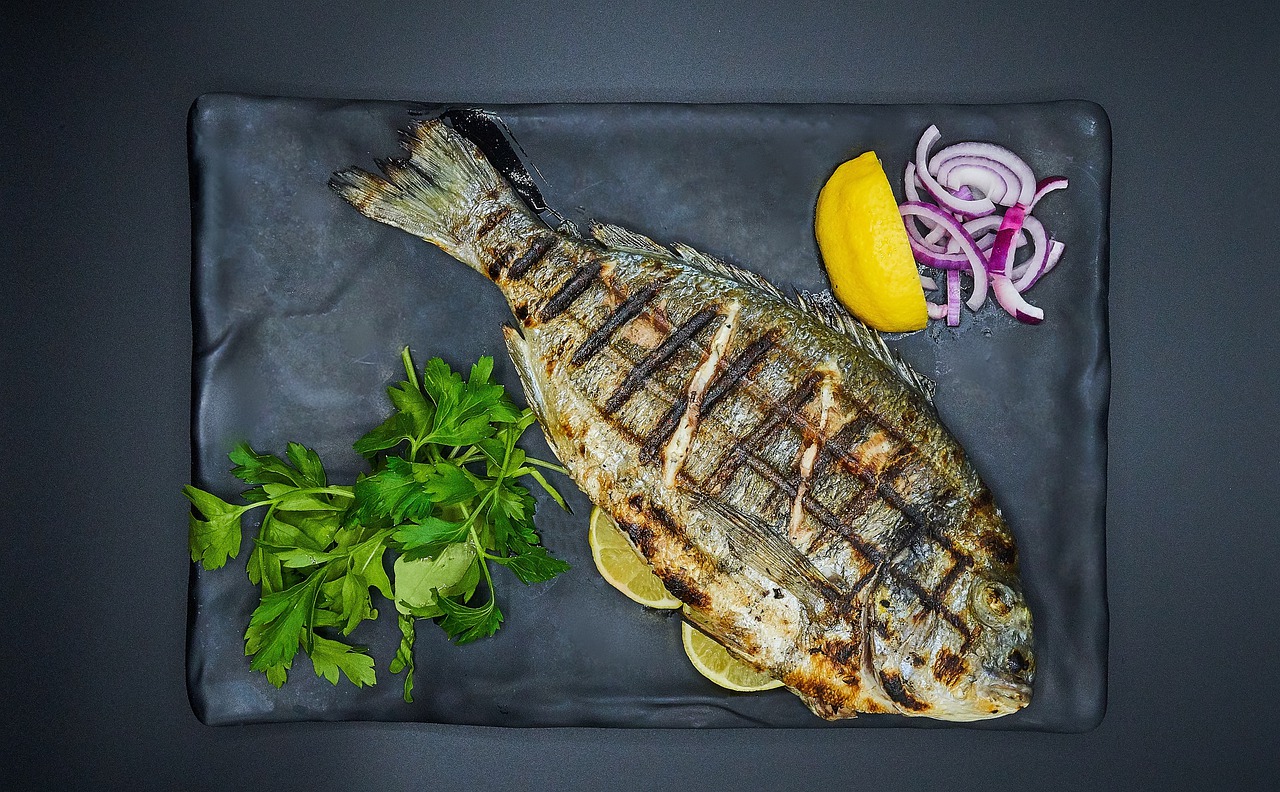
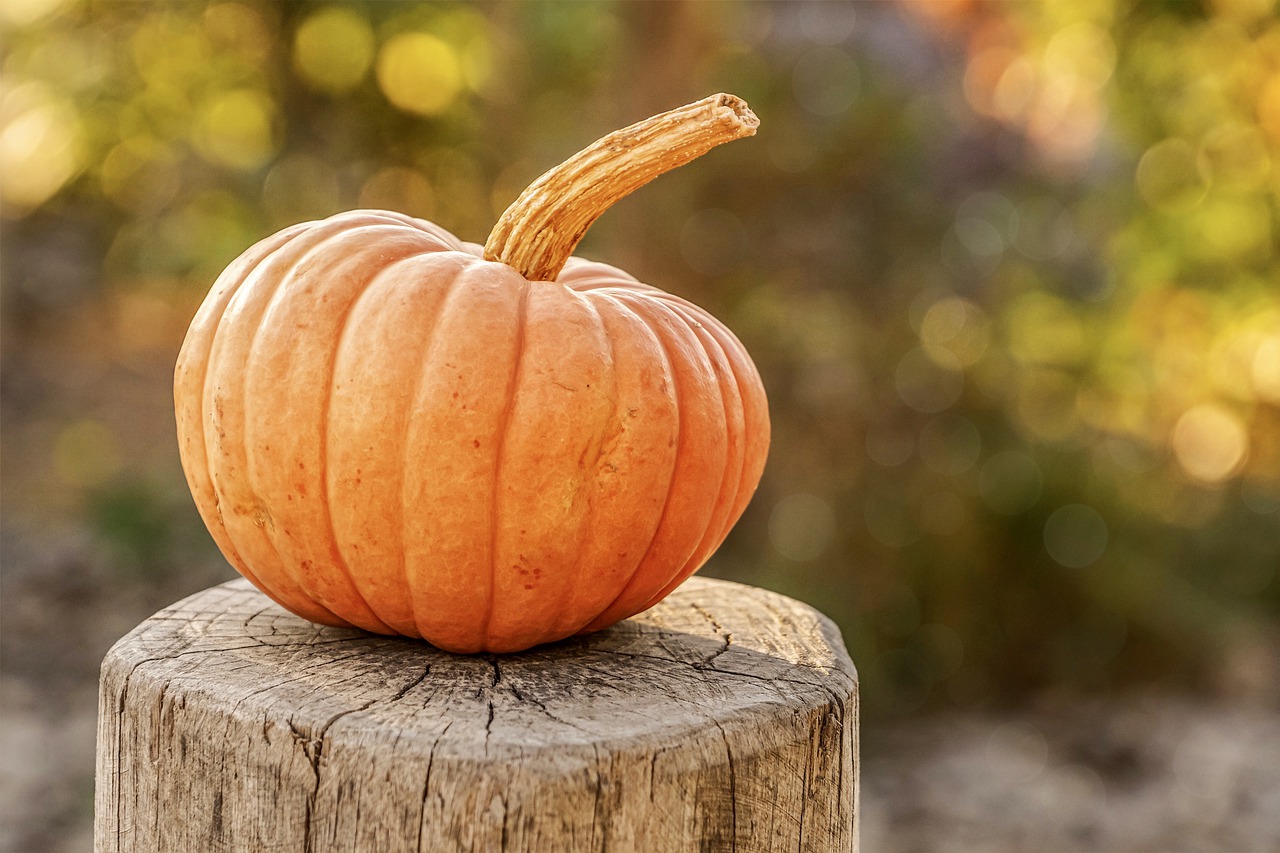
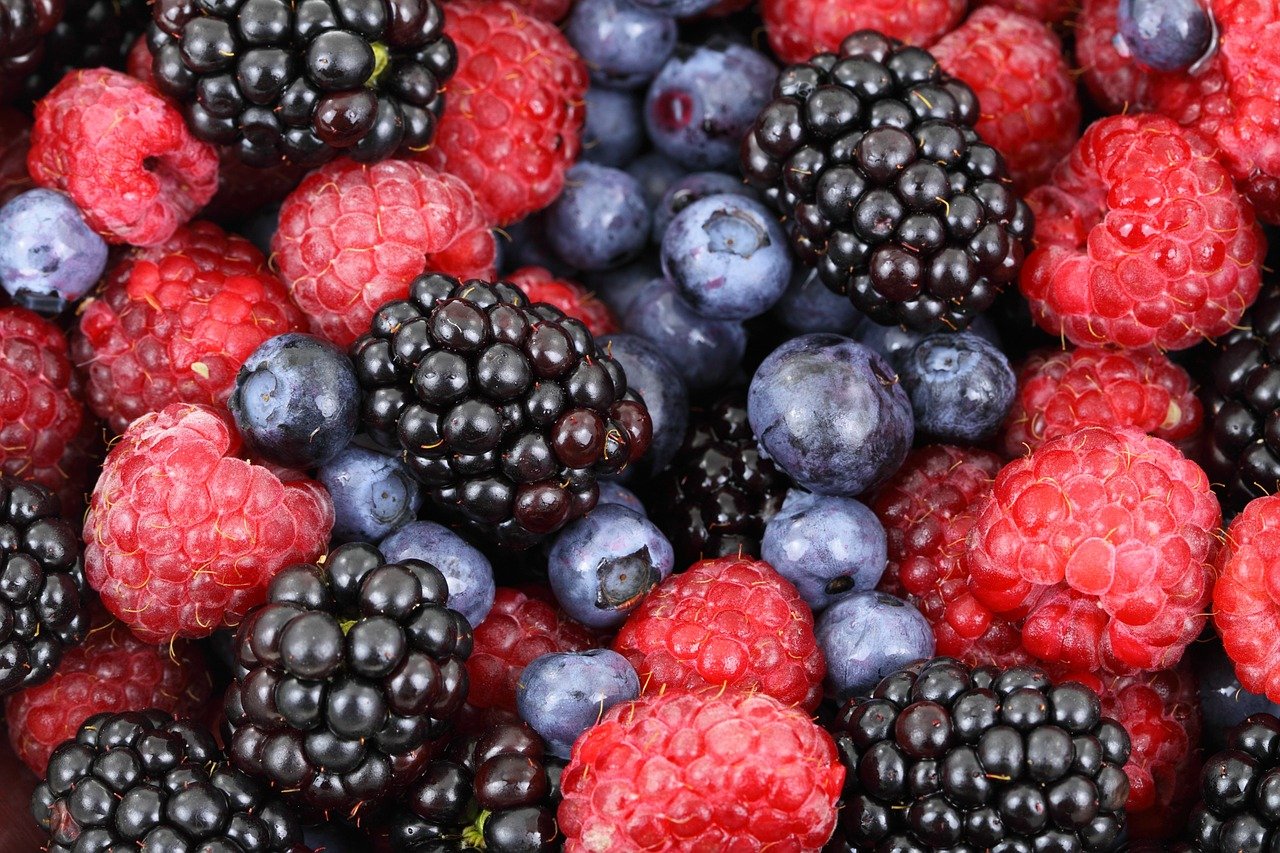
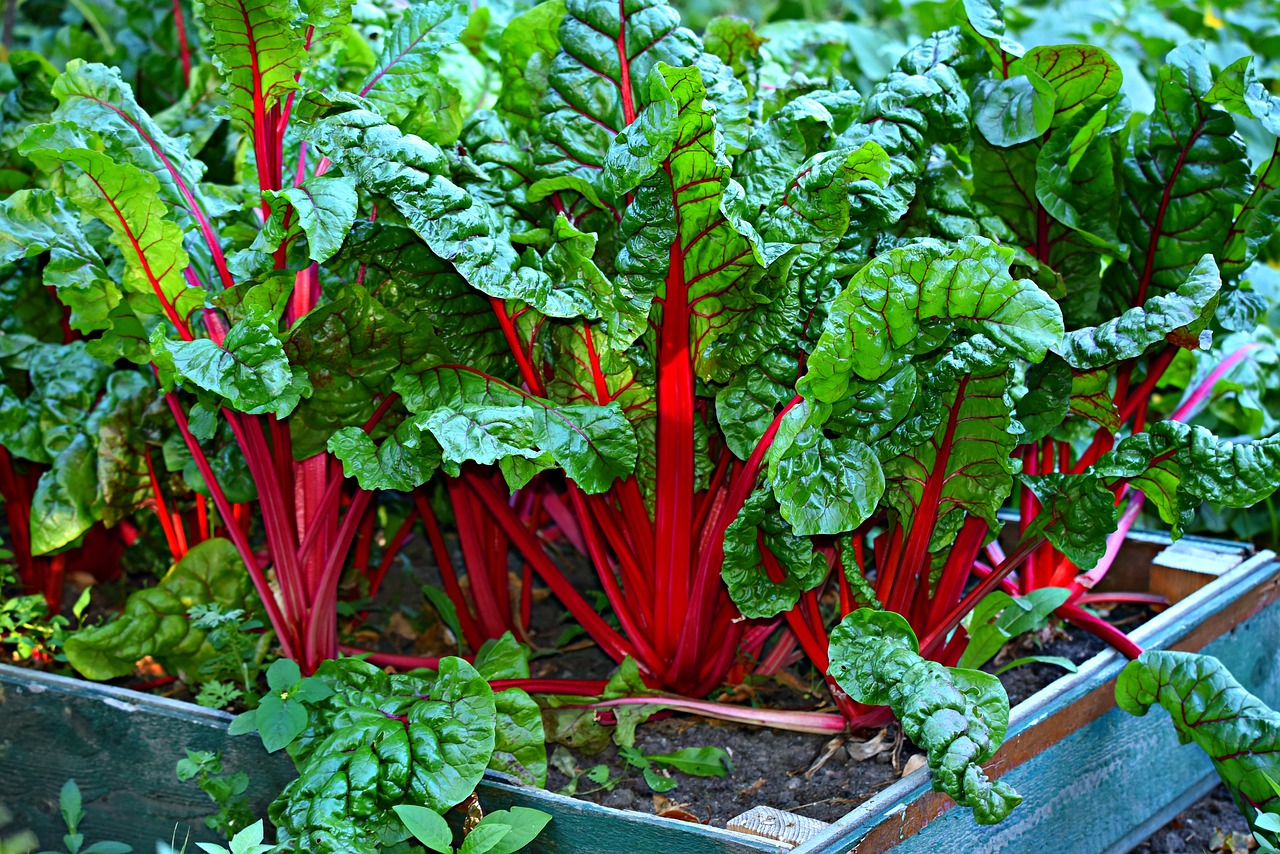
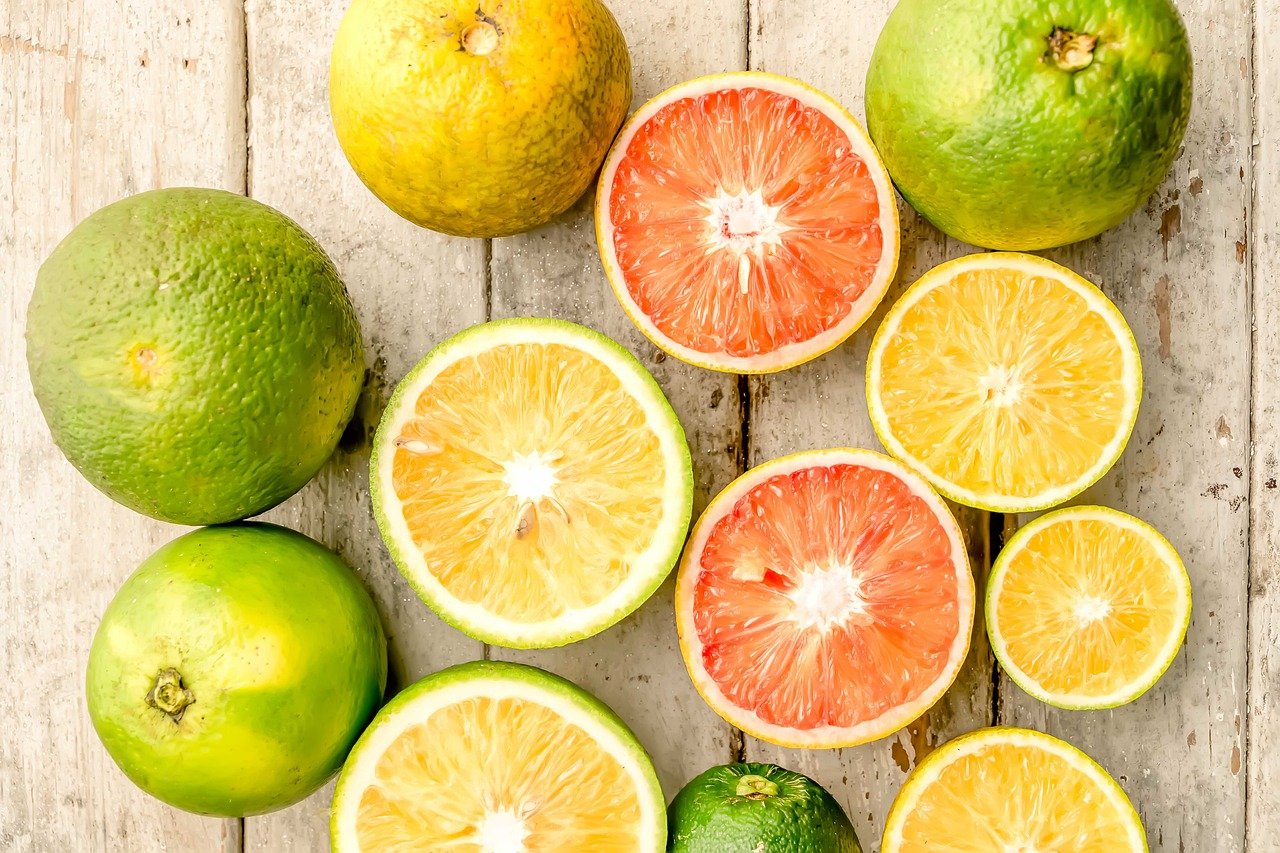
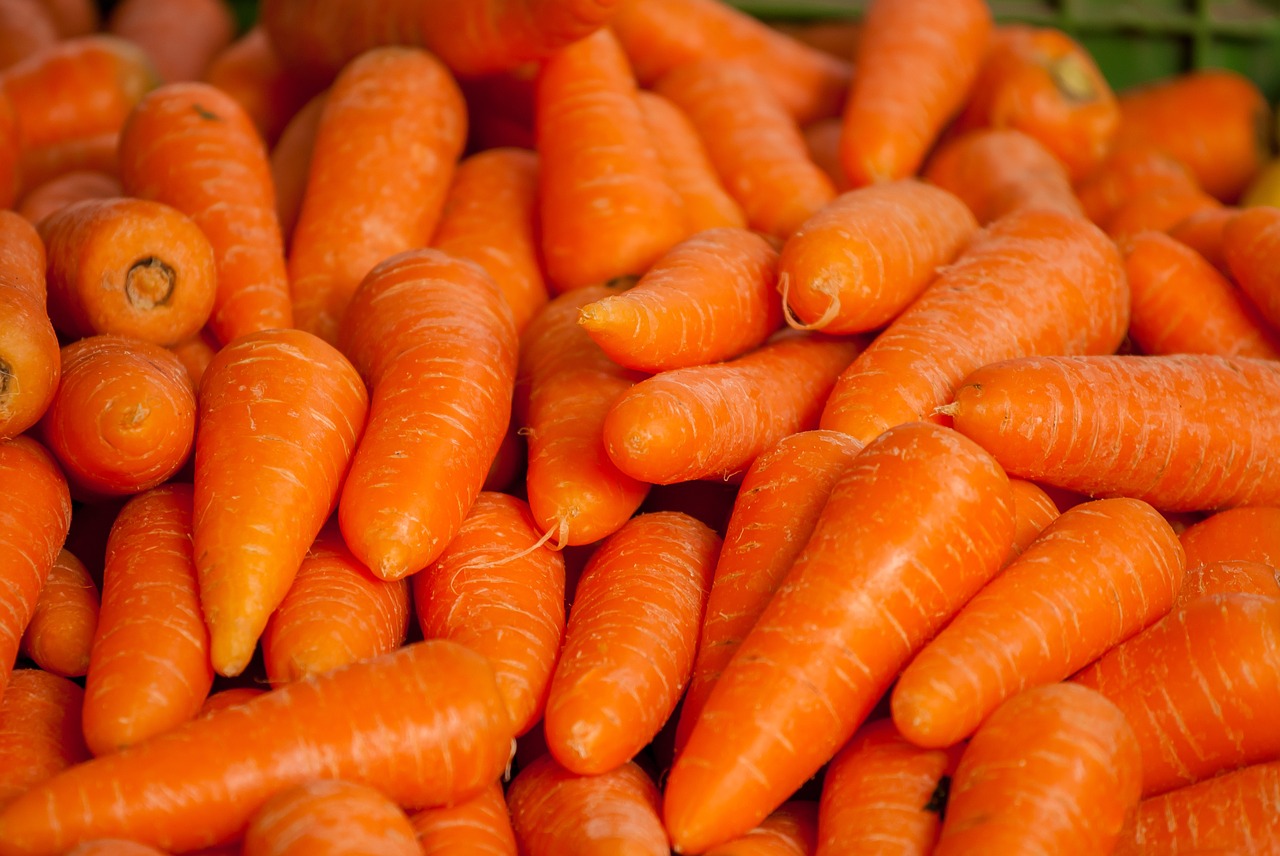
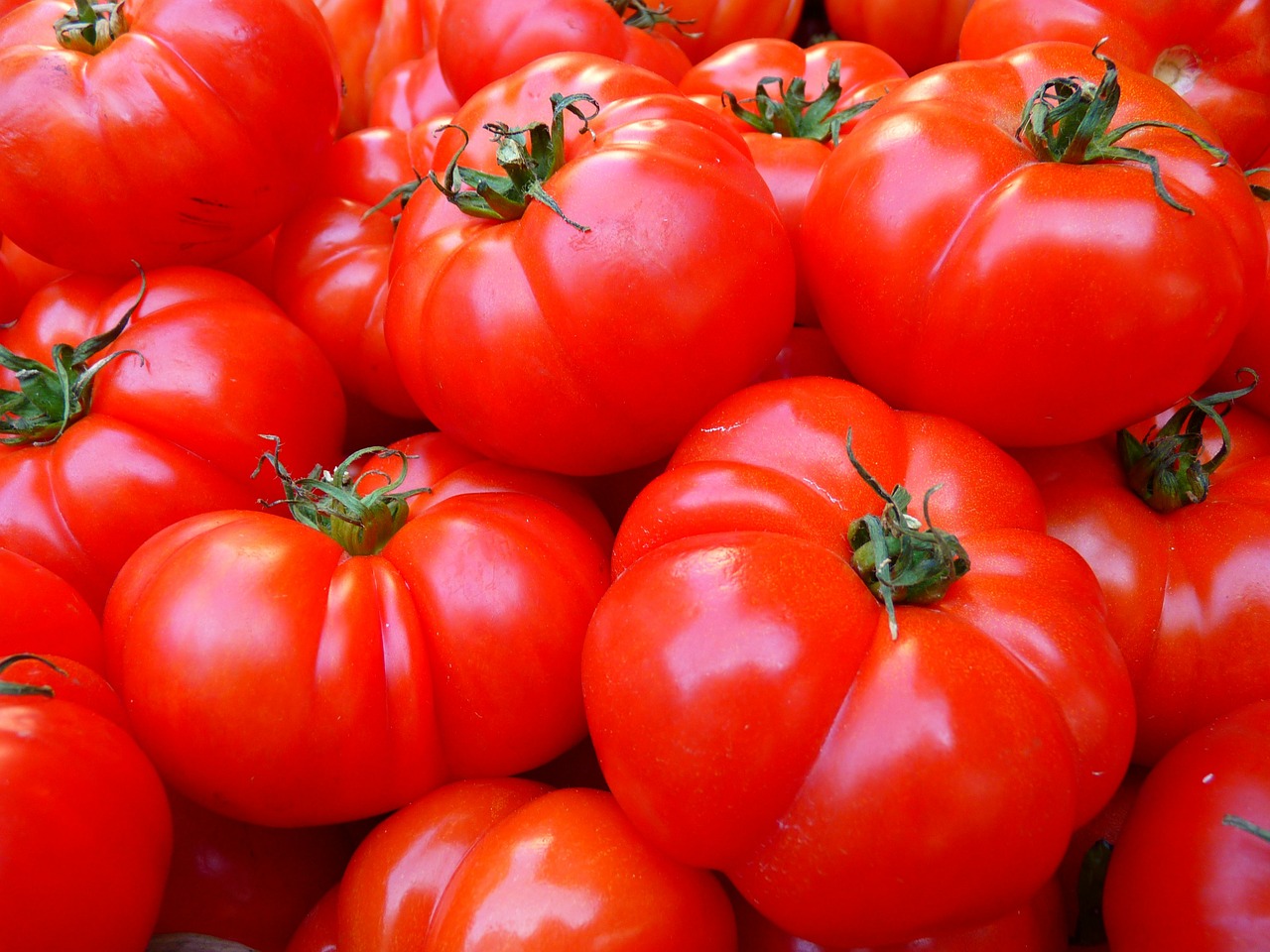
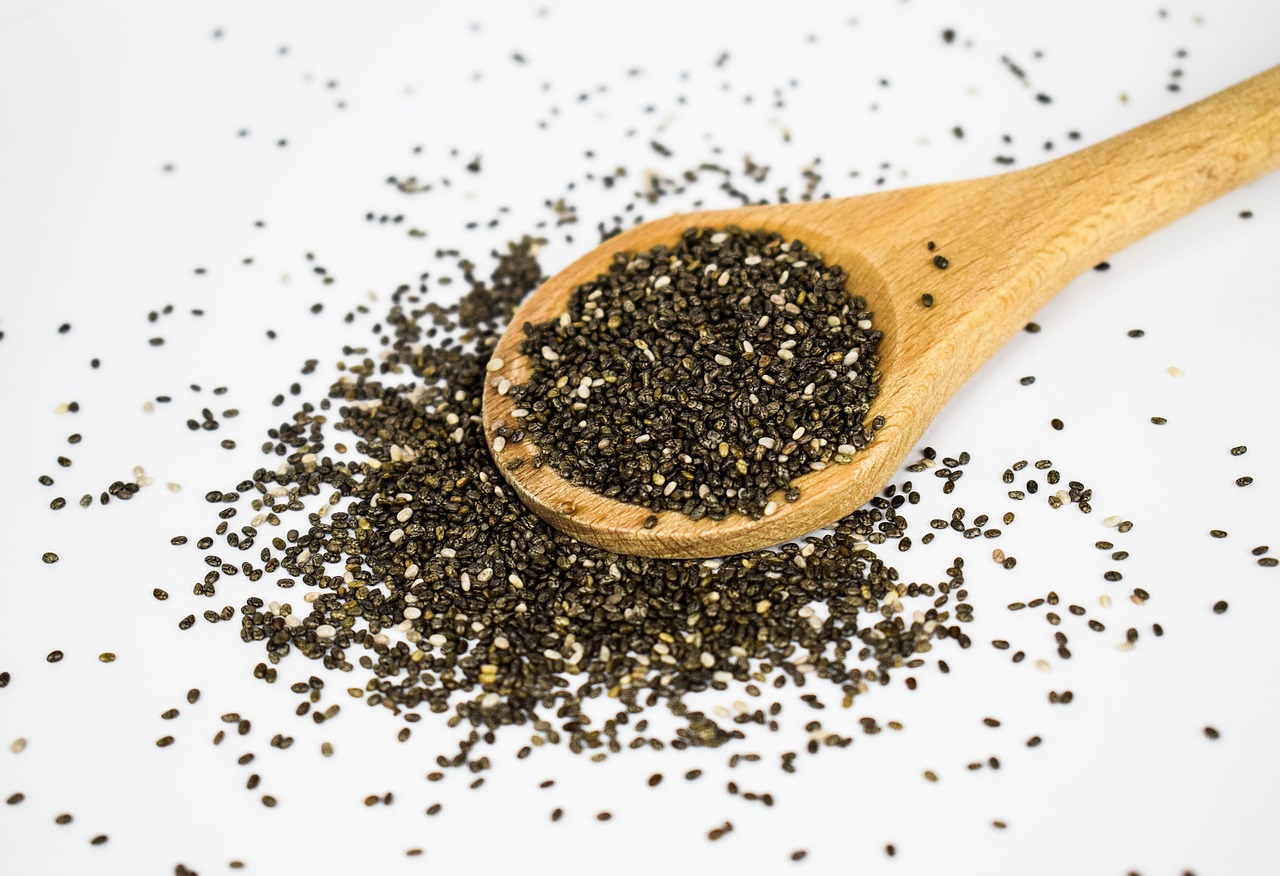
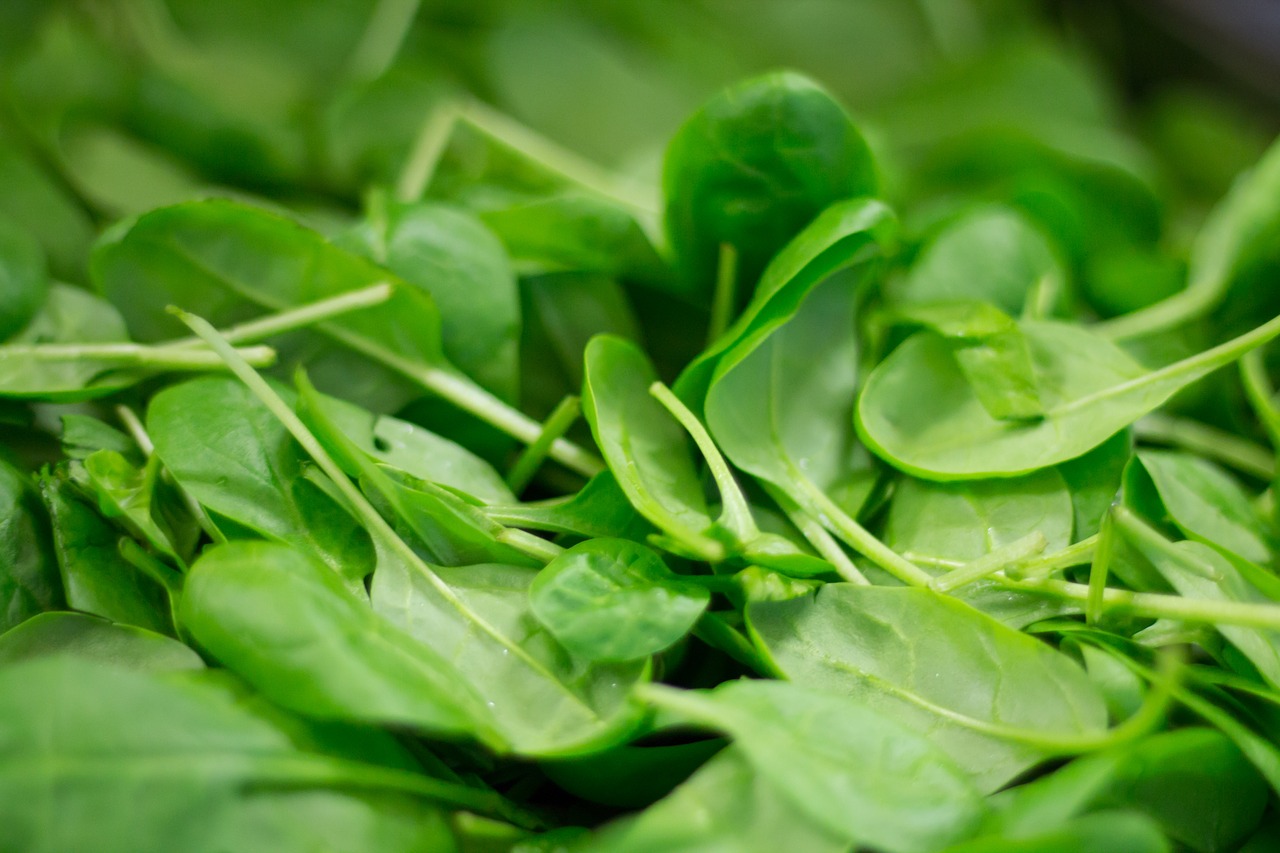
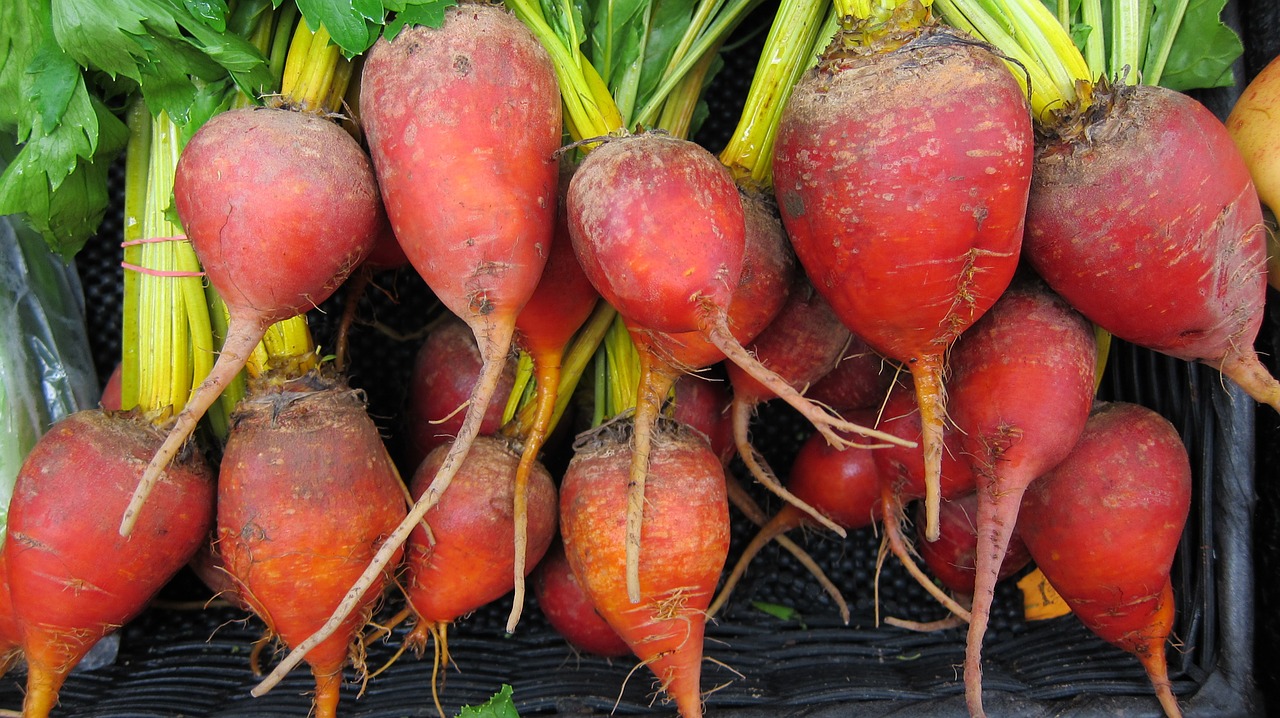
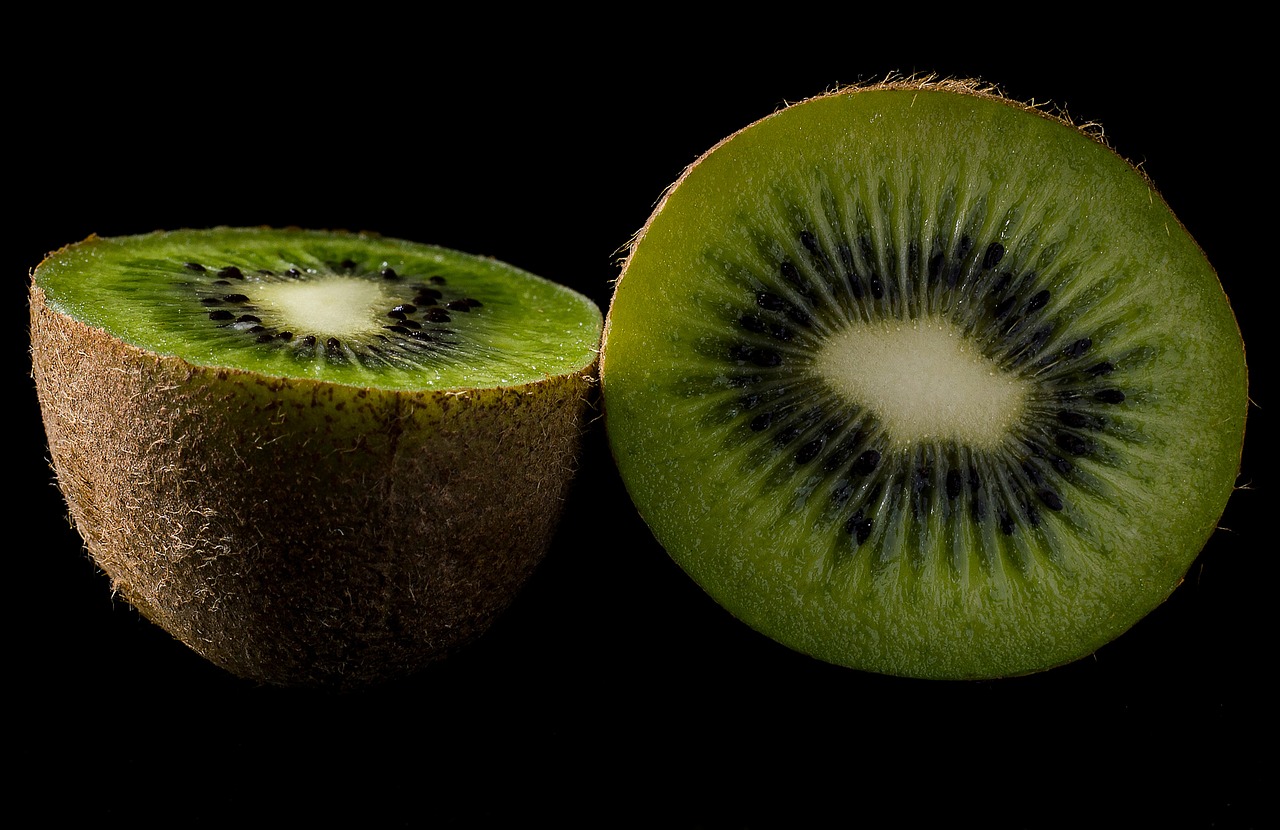
Excellent information!
Thank you.